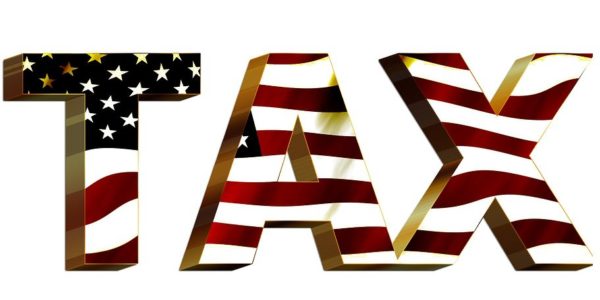When Bill de Blasio was running for president, he wrote an article for Wired recommending that robots be taxed. This, he figured would “protect workers from automation” — specifically, robots taking the jobs of American workers.
The pandemic sped up the spread of automation. As contactless connections became more desirable to consumers, our attitudes toward robots became more positive, and the upfront costs of automation bothered manufacturers less.
“My proposal would institute a ‘robot tax’ on large companies that eliminate jobs through increased automation and fail to provide adequate replacement jobs,” de Blasio wrote. He planned to use the revenue to provide guaranteed Jos for Americans who lost heir jobs directly to automation.
Bill Gates
Bill Gates suggested taxing robots years before de Blasio, and for much the same reason.
“The human worker who does, say, $50,000 worth of work in a factory, that income is taxed and you get income tax, social security tax, all those things,” he wrote. “If a robot comes in to do the same thing, you’d think that we’d tax the robot at a similar level.”
Since investments in automation tend to increase productivity and profits, they enrich the capitalist, the owner of the machinery, without enriching society as a whole, as employing a human being does. Gates wanted to see wider benefits from automation.
Would a robot tax stifle innovation?
The concern about a robot tax is that it would punish companies that take the plunge and automate. While Gates presented his tax idea as paying essentially the same tax on a robot worker as on a human worker, some observers see the tax as a reduction in profits generated by automation.
If owners won’t benefit from automation, why should they take the chance on it? This is the view that a root tax would be a punishment, intended to discourage automation.
South Korea has instituted a robot tax that looks a lot like this. Observers think it’s a reaction to soaring unemployment, possibly caused by South Korea’s heavy investment in robots.
What about definitions?
Observers have also pointed out that robots are hard to define. Sure, an industrial robot with a robotic arm is a robot. But what about a tractor? A tablet kiosk? A vending machine?
Taxes already bring up thorny questions of definitions. In New York right now, a sliced bagel is taxable and an inclined one is not. Can we believe that taxation on automation would be any less complex? It might be very hard to distinguish between job-threatening robots which should be taxed and other types of automation which should not?
Your motion control systems
While these thorny questions are being sorted, were can provide expert support for your Indramat motion control systems. Any time you see “Indramat” on the label, you can feel confident about reaching out to us for service and support. We specialize in Indramat devices.
